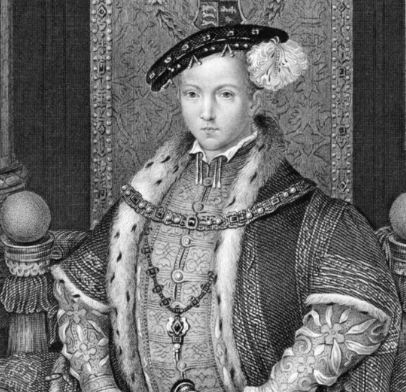According to historical records, there were various reasons why Cao Cao chose to strangle Lu Bu before chopping off his head.

Firstly, strangulation and decapitation were two common forms of capital punishment in ancient China. Strangulation was a punishment that caused the condemned to slowly choke to death under a tightened rope, which was considered a more gruesome and deterrent way of executing criminals. Decapitation, on the other hand, was a rapid form of execution, usually involving the violent removal of the criminal's head with a sword or axe.
Secondly, Cao Cao deeply hated Lu Bu, viewing him as a treacherous and volatile individual who posed a threat to the state. By choosing the more brutal method of strangulation, Cao Cao aimed to demonstrate his hatred towards Lu Bu and send a warning to others.
In addition, some historical records suggest that Cao Cao's decision to strangle Lu Bu before decapitation was also out of respect for Lu Bu's status and position. As a powerful feudal lord at that time, although Lu Bu was considered rebellious, Cao Cao still believed that he deserved a certain level of respect and courtesy. Therefore, he chose to combine strangulation and decapitation in the execution.
Overall, the reasons why Cao Cao chose to strangle Lu Bu before chopping off his head could be diverse, ranging from demonstrating his hatred and sending a warning to respecting Lu Bu's status and position.
Some historical scholars believe that Cao Cao's decision may have also been politically motivated. At that time, Cao Cao was extremely wary and suspicious of Lu Bu. If he had simply chopped off Lu Bu's head and displayed it publicly, it might have caused resentment and dissatisfaction among other powerful figures, leading to political instability. By choosing to strangle Lu Bu first and then decapitate him, Cao Cao demonstrated his determination and perseverance towards Lu Bu while avoiding potential political risks.
Finally, it should be noted that the specific reasons why Cao Cao chose to strangle Lu Bu before chopping off his head are not clearly documented in history. Therefore, various explanations are mere guesses and speculations by historical scholars, and there may be some deviations and uncertainties.
Disclaimer: The above content is sourced from the internet and the copyright belongs to the original author. If there is any infringement of your original copyright, please inform us and we will delete the relevant content as soon as possible.
































